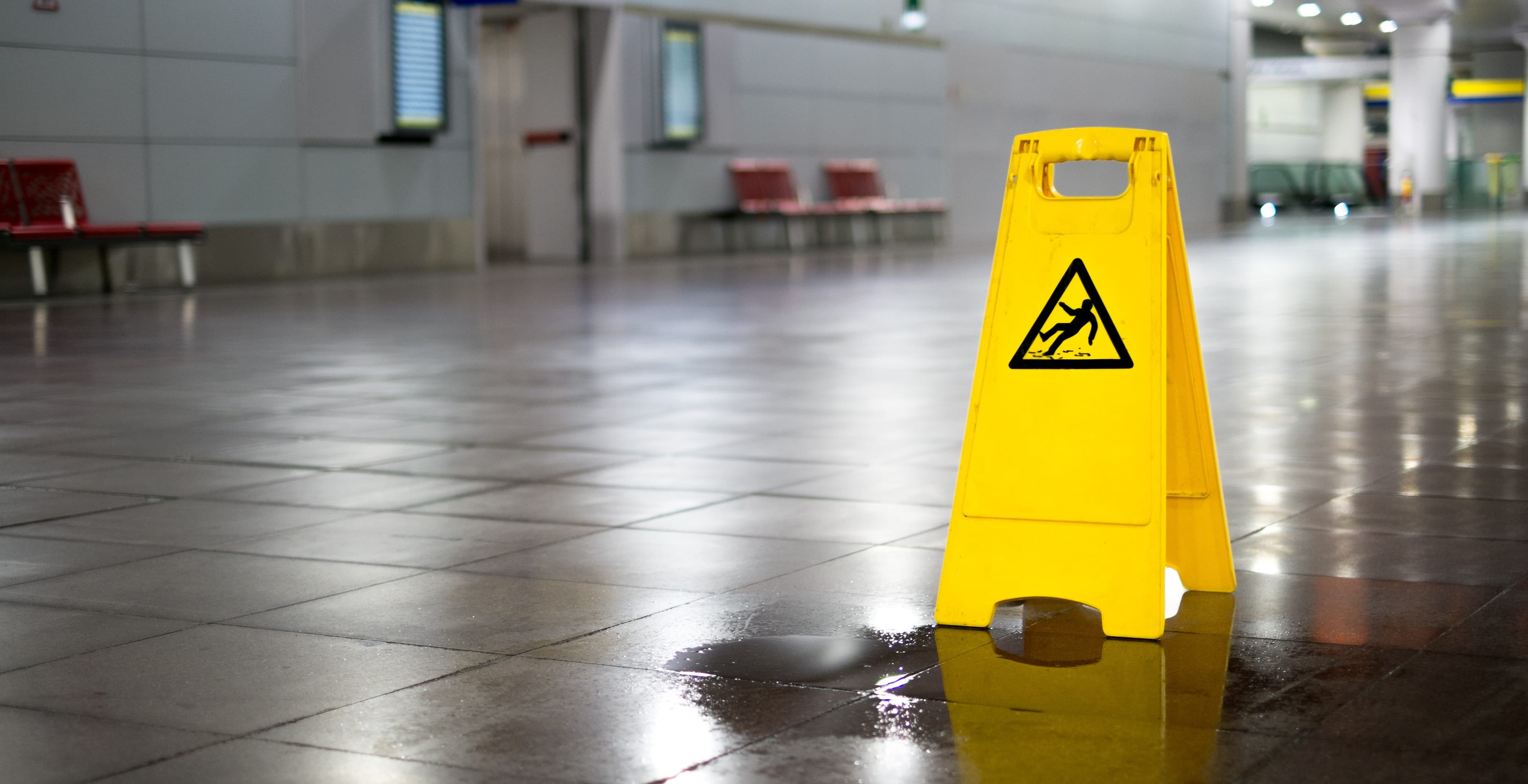- Automobile Accidents
- Wrongful Death
- Premises Liability
- Our Approach
- About Us
- Blog
- Free Consulation

Accidents are unsettling, especially slip and fall incidents, where the blame isn't always clear. At The Sullivan Law Firm, we understand the emotional and physical toll these events can take, and we're here to help you navigate the complexities of your personal injury claim with empathy and expertise.
Accidents are unsettling, especially slip and fall incidents, where the blame isn’t always clear. At The Sullivan Law Firm, we understand the emotional and physical toll these events can take, and we’re here to help you navigate the complexities of your personal injury claim with empathy and expertise.
To better understand how liability and compensation are determined in these situations, let’s explore the principle of comparative fault—a key element in personal injury law that could significantly impact the outcome of your case.
What is Comparative Fault?
Comparative fault, or comparative negligence, is a principle in personal injury law that is used to assign liability and award damages based on each party’s level of fault in an accident. This concept is particularly significant in slip and fall cases, where multiple factors often contribute to the incident.
How Comparative Fault Affects a Slip and Fall Case
Imagine walking through a grocery store where a spill isn’t marked with a warning sign, leading to a fall. If you were distracted by your phone at the time, and therefore failing to exercise reasonable care, both you and the store might share responsibility for the accident. Comparative fault aims to fairly distribute the financial burden based on each party’s contribution to the accident.
The Role of Evidence
Solid evidence makes a significant difference in slip and fall cases. This includes everything from photos of the accident scene to witness statements. At The Sullivan Law Firm, we are meticulous in gathering evidence that supports your claim, ensuring your story is heard and respected.
In Georgia, the rule of modified comparative negligence is used to determine liability in slip and fall cases. Under this system, you can only recover damages if you are found to be less than 50% at fault for the accident. If you are 50% or more at fault, you are barred from recovering any compensation. This rule emphasizes the importance of proving that the other party bears a greater portion of the blame than you do.
Understanding how damages are calculated in slip and fall cases under comparative fault rules is critical. The total amount of compensation you are eligible to receive will be reduced by the percentage of fault you share in the accident. For example, if you are found to be 30% responsible for your slip and fall and your total damages are $100,000, you would only receive $70,000 in compensation from the other party.
How The Sullivan Law Firm Can Help
Dealing with a slip and fall accident involves more than just navigating legal issues; it involves handling the emotional stress that comes with unexpected injuries. At The Sullivan Law Firm, we combine our legal expertise with a genuine concern for your well-being. Whether it’s a slip and fall, an auto accident, or another personal injury matter, we’re dedicated to providing you with compassionate and competent legal support. Contact us today for your free consultation.
We handle personal injury cases all across Georgia. Insurance companies know us and our track record, so most cases settle without having to go to court.